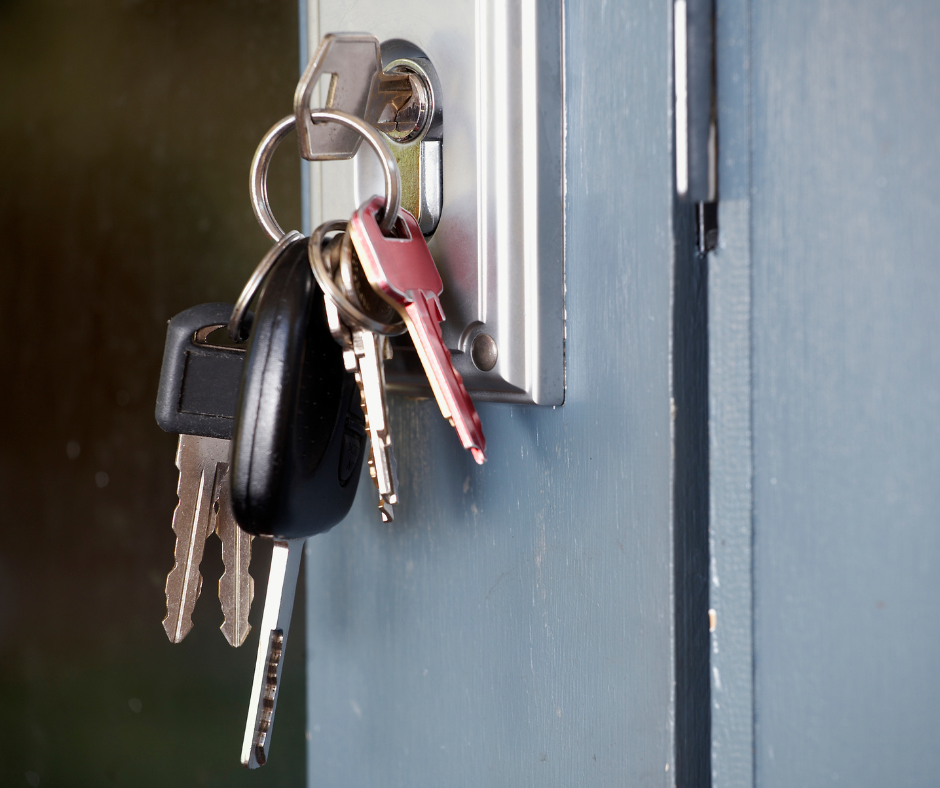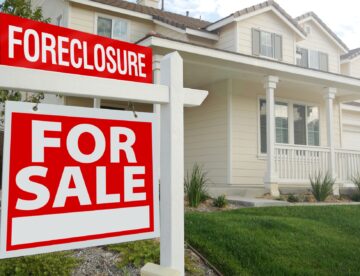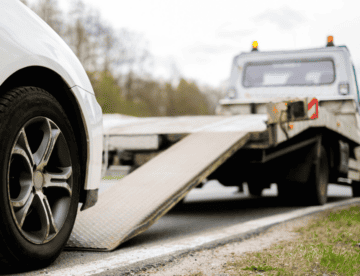
Bankruptcy & Homeownership | Burrow & Associates – YouTube
Many people wonder if they can keep their house if they file for bankruptcy. With a Chapter 7 bankruptcy, you may be able to keep your home, even in bankruptcy.
A Chapter 7 bankruptcy case is intended to give you a fresh start by discharging
unsecured debts such as credit card bills, medical bills, unsecured loans, balances from broken leases, and personal loans. In a Chapter 7 bankruptcy case, one job of the Chapter 7 trustee is to find assets that can be liquidated to pay your creditors. However, Congress has determined that there are exemptions that we can use to protect a certain amount of equity in your home. So, if the fair market value of your home is less than, or a certain amount above, what you owe on the house – you can keep your home when you file for bankruptcy. You would continue to make your payments on the home, and you would not be at risk of losing the property.
There are many options under bankruptcy that can allow you to keep your assets, whether that be your home, your primary vehicle, or other important possessions. Burrow & Associates can work with you to determine the best approach for you and your family. Feel free to give our office a call and book a free consultation. We’re happy to answer any questions about keeping your home if you file for bankruptcy.
Can I Keep My House If I File for Bankruptcy?
If you are considering filing for bankruptcy, you may be wondering whether you will be able to keep your home during the bankruptcy process. As we explain, you may be able to keep your home – depending on the circumstances and what type of bankruptcy you file.
Can I Keep My House If I File for Bankruptcy: Protecting Home Equity
Whether you file a Chapter 7 or a Chapter 13 bankruptcy, you must first determine whether you can protect any of your home equity in bankruptcy. Your home equity is the market value of your home, minus the amount you still owe on it. For example, let’s say the market value of your home is $200,000. You still owe $150,000 to the bank on it. In this example, you would have $50,000 in home equity.
Every state has a list of bankruptcy exemptions, including the property type and amount of equity you can protect. Under Georgia’s homestead exemption, you can protect up to $21,500 in real estate that you or your dependent uses as a residence. If you’re married and one spouse owns the property, you can protect up to $43,000 under the homestead exemption.
Can I Keep My House If I File for Bankruptcy: Chapter 7 Bankruptcy
In a Chapter 7 bankruptcy, the court will consider what you have in equity (after the homestead exemption) to pay off your debts. If the debtor has little-to-no equity after the exemption, the court will likely allow them to keep their home – since selling it would not generate much money to pay their creditors. If the debtor has a lot of equity after the homestead exemption, the bankruptcy court may sell the clients home to satisfy the outstanding debts.
A Chapter 7 bankruptcy is a popular option because the process is simpler than Chapter 13, and debtors can get back on the road to financial stability sooner. For Chapter 7 filers to keep their home, they must be current on their house payments, have little or no unexempt equity in their home, and continue to make their mortgage payments in the future. With a Chapter 7 bankruptcy, the court will likely discharge most of the debtor’s unsecured debts (ex: credits cards, personal loans), which may make it easier to stay current on mortgage payments.
Can I Keep My House If I File for Bankruptcy: Chapter 13 Bankruptcy
With a Chapter 13 bankruptcy, the bankruptcy court will likely add up all of your assets (including your home equity) and decide how much the debtor will have to pay their creditors. The debtor may not be forced to give up their home; instead, they will pay the nonexempt portion of the home equity in their bankruptcy repayment plan. In other words, if you have $50,000 in home equity (after the exemption), those funds may be used to pay off your creditors.
With a Chapter 13 bankruptcy, the debtor will pay creditors on a 3-5 year repayment plan as determined by the results of the means test. If the debtor is able to complete the repayment plan, any unsecured debts that do not get paid are discharged. Chapter 13 is also designed to help debtors catch up on their mortgage payments, and ultimately, keep their home. Once the debtor is in Chapter 13, the mortgage holder cannot foreclose on the home – as long as the debtor is making their mortgage payments on time and adhering to the terms of the repayment plan.
Have Additional Questions? Contact Burrow & Associates’ Bankruptcy Team
If you are thinking about declaring bankruptcy, chances are, you may be worried about which Chapter to file for, and whether you can protect your home and other personal property. At Burrow & Associates, we can walk you through the different options and help you choose the right solution for you and your family. If you have questions about bankruptcy or would like to schedule a consultation, please reach out to our bankruptcy team for help. You can contact us at (678) 323-2394. We offer free consultations and have six offices conveniently located in Duluth, Athens, Gainesville, Conyers, Kennesaw, and Morrow. We will file your Chapter 7 bankruptcy for no money down.









